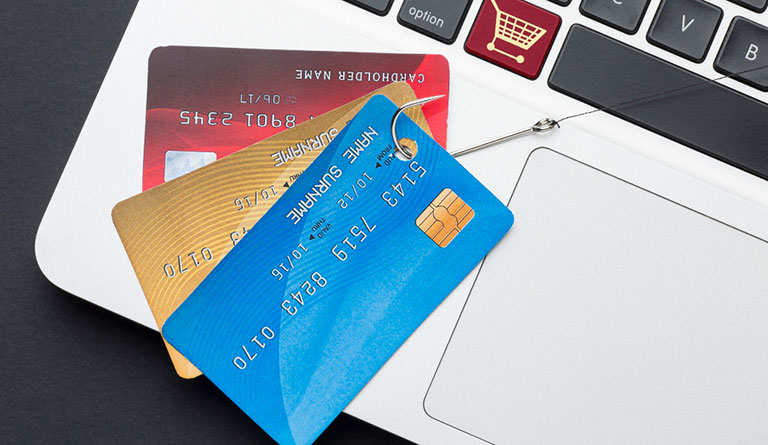An e-money license is an invaluable asset for businesses that want to operate in the digital payments space. It allows companies to issue and manage digital payment systems, as well as process and store customer funds. By holding an e money license UK, businesses can expand their product offering and increase their customer base, allowing them to operate in the increasingly digital world. Receiving an e-money license requires a significant investment of time, effort, and resources, so it is important to have a complete understanding of the process, requirements, and regulations before applying. In this article, we will explain all you need to know about obtaining an e-money license.
What is EMI licensing?
EMI stands for Electronic Money Institution. EMI licensing is an e-money license that is issued specifically to financial institutions. It allows these companies to provide traditional banking services to customers online. EMIs have higher capital requirements and must comply with stricter due diligence requirements when assessing customers compared to e-money issuers. This is because EMI license holders are responsible for the funds of the entire organization, unlike e-money issuers whose funds are limited to the amount stored in the e-money wallets issued by the company.
Benefits of having an e-money license
There are many benefits to having an e-money license. For one, it allows businesses to expand their product offering and increase their customer base. Additionally, e-money licenses allow companies to store and manage customer funds, expand their geographical reach, and manage their own end-to-end customer experience.
One of the most important benefits of an e-money license is that it allows businesses to accept digital payments. Digital payments are fast, safe, and convenient, making them perfect for the modern consumer who is always on the go. An e-money license allows businesses to comply with regulations that govern the digital payments space. This ensures that your customers are protected and that your business is compliant with government regulations.
Requirements of an e-money license Lithuania
Obtaining an e money license Lithuania, Hungary, the UK, or any other country is a very involved and complex process. It requires businesses to have a sound and robust business plan, thorough internal systems and policies, and a robust and proven management team. All of these aspects must be verified and audited by the regulatory body. An e-money license applicant must have a minimum of €100,000 in the business bank account. They must also have a robust risk assessment and compliance management system to ensure that all customer funds are protected.
An e-money license applicant must also have all the required documentation in place. This includes documentation that demonstrates the business capacity and potential, business model, financial plan, and management and ownership structure. An e-money license applicant must also have an automated system in place that can deal with a variety of internal controls, including anti-money laundering, KYC, transaction monitoring, suspicious activity detection, and fraud detection.
Process of obtaining an e-money license
Obtaining an e-money license is a long and complex process. It requires businesses to invest significant amounts of time and resources, so it is important to ensure that you are ready. An applicant should first select the country and financial authority that they would like to receive the license from. It is important to carefully select the country and financial authority since each country has its own specific requirements and processes.
An applicant should then seek out a consulting firm to help them throughout the process. Consulting firms can help applicants understand the requirements and provide guidance on how to best approach each financial authority.
Moreover, an applicant should also ensure that they have the required capital to operate their business. This amount, which is currently €100,000, will be disbursed over several years throughout the process.
What to do after obtaining an e-money license?
After obtaining an e-money license, businesses must ensure that they are compliant with all regulatory requirements and operate their business in a compliant manner. An e-money license holder must also have a robust and automated risk assessment and compliance management system. Additionally, they must have a thorough and robust system that can deal with a variety of internal controls, including anti-money laundering, KYC, transaction monitoring, suspicious activity detection, and fraud detection.
An e-money license holder must also have a thorough and robust system that can deal with a variety of external controls, including financial and strategic resources, people, systems, technology, and reputational and operational risk.
Conclusion
It is important for businesses to understand the value of an e-money license. This license allows companies to operate in the digital payments space and ensure that they are compliant with regulatory requirements. However, an e-money license requires a significant investment of time, effort, and resources. Therefore, it is important that businesses have a complete understanding of the process, requirements, and regulations before applying. Nevertheless, if you don’t want to spend your precious time obtaining the license, you can always ask experts from Influence.net for help!

